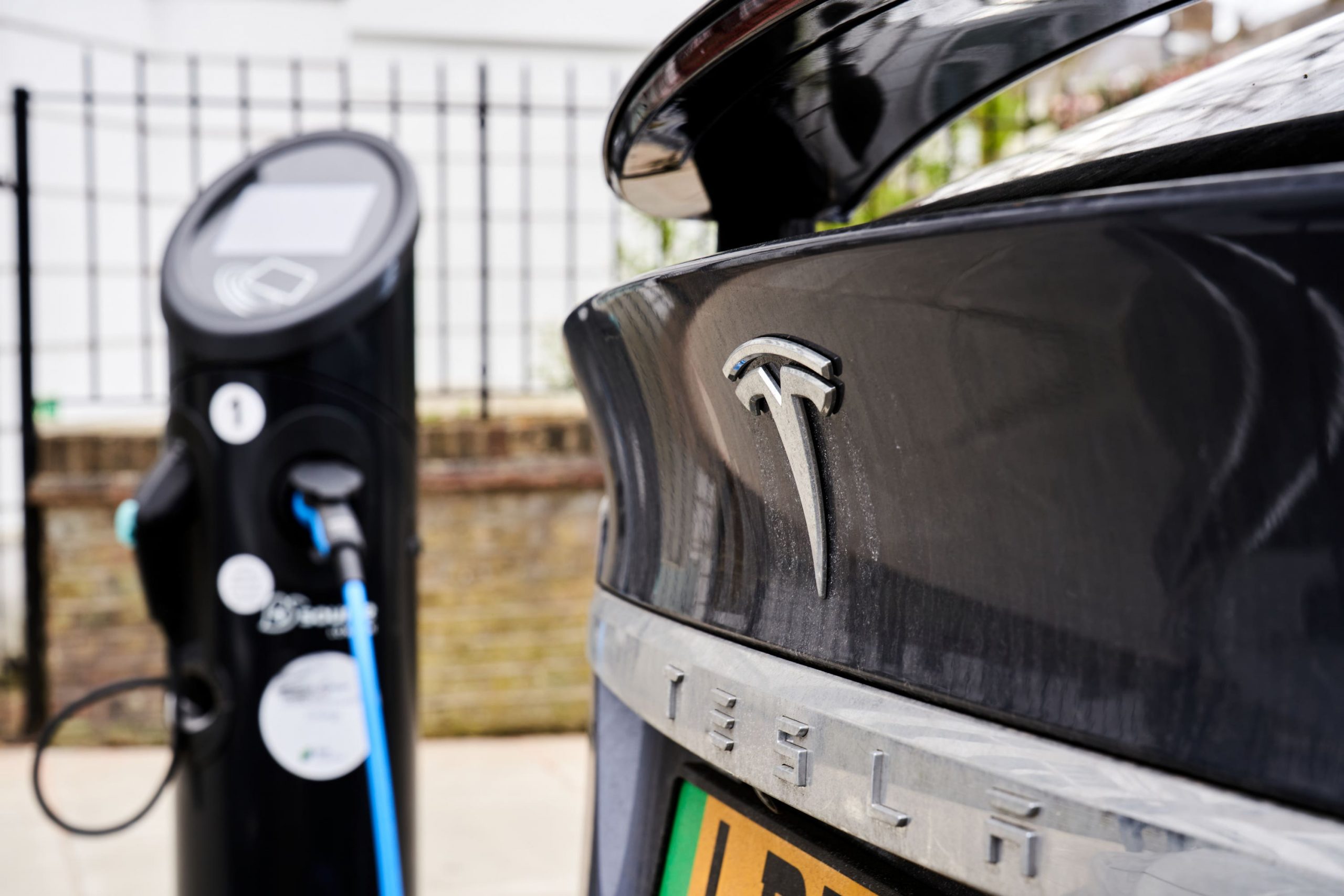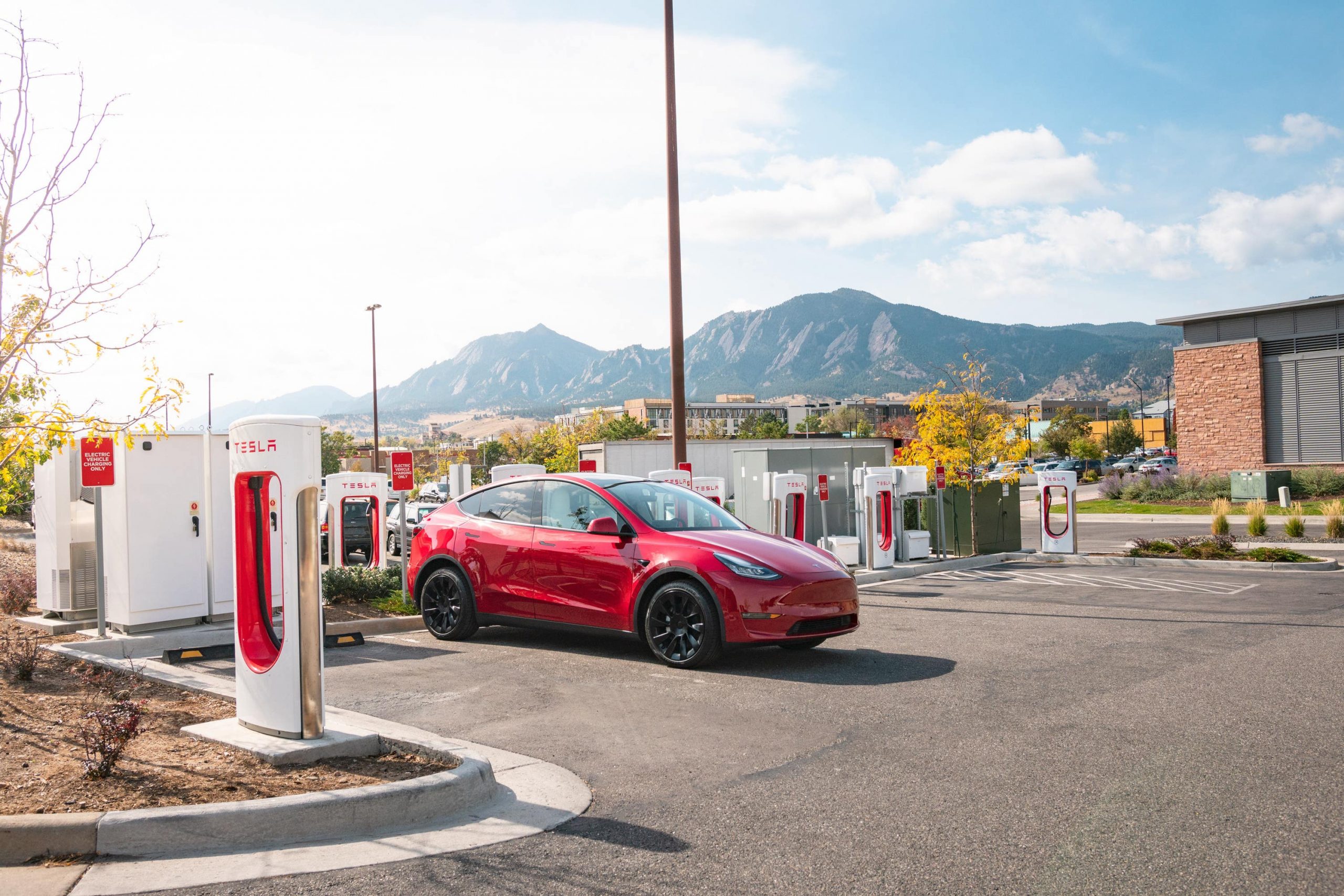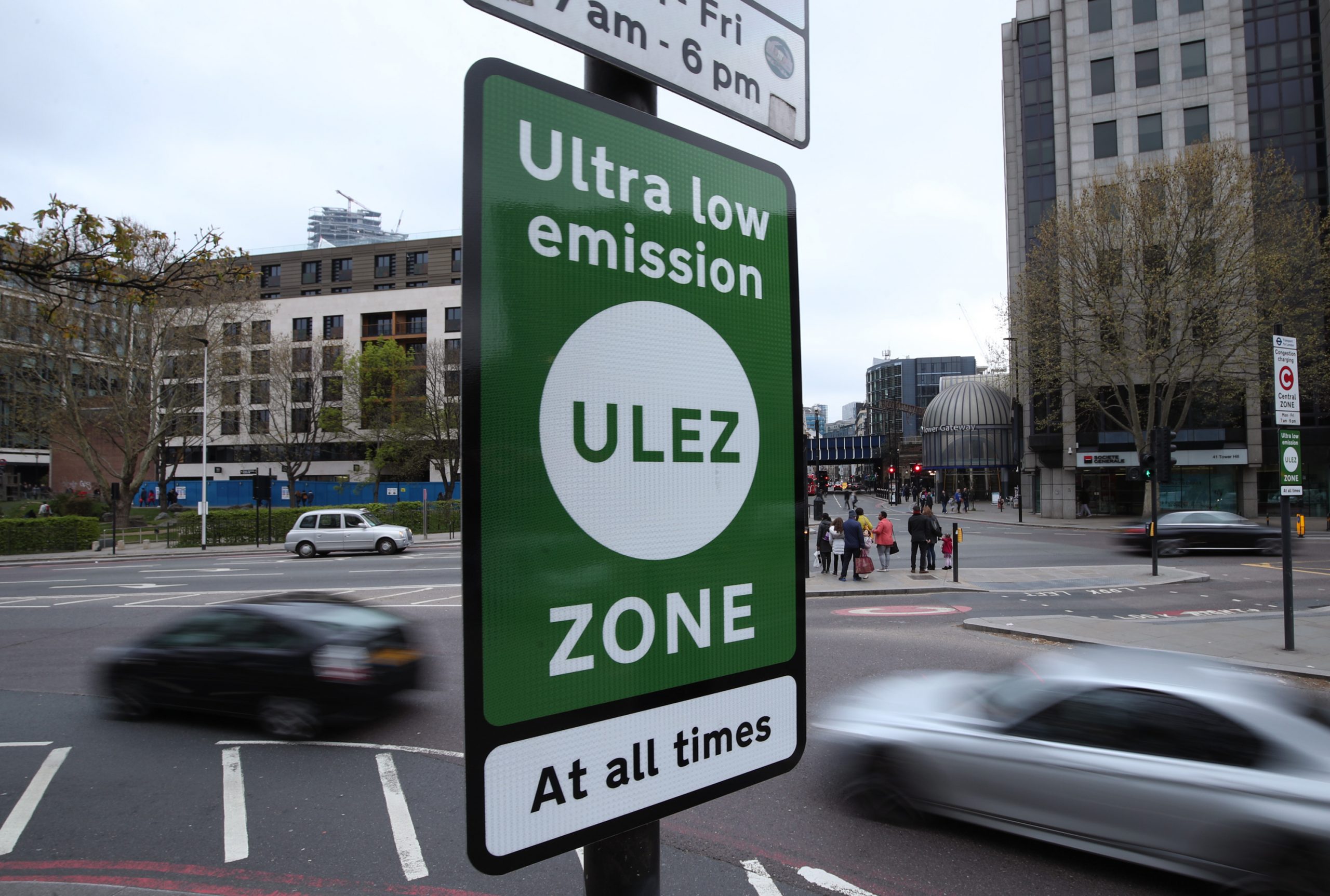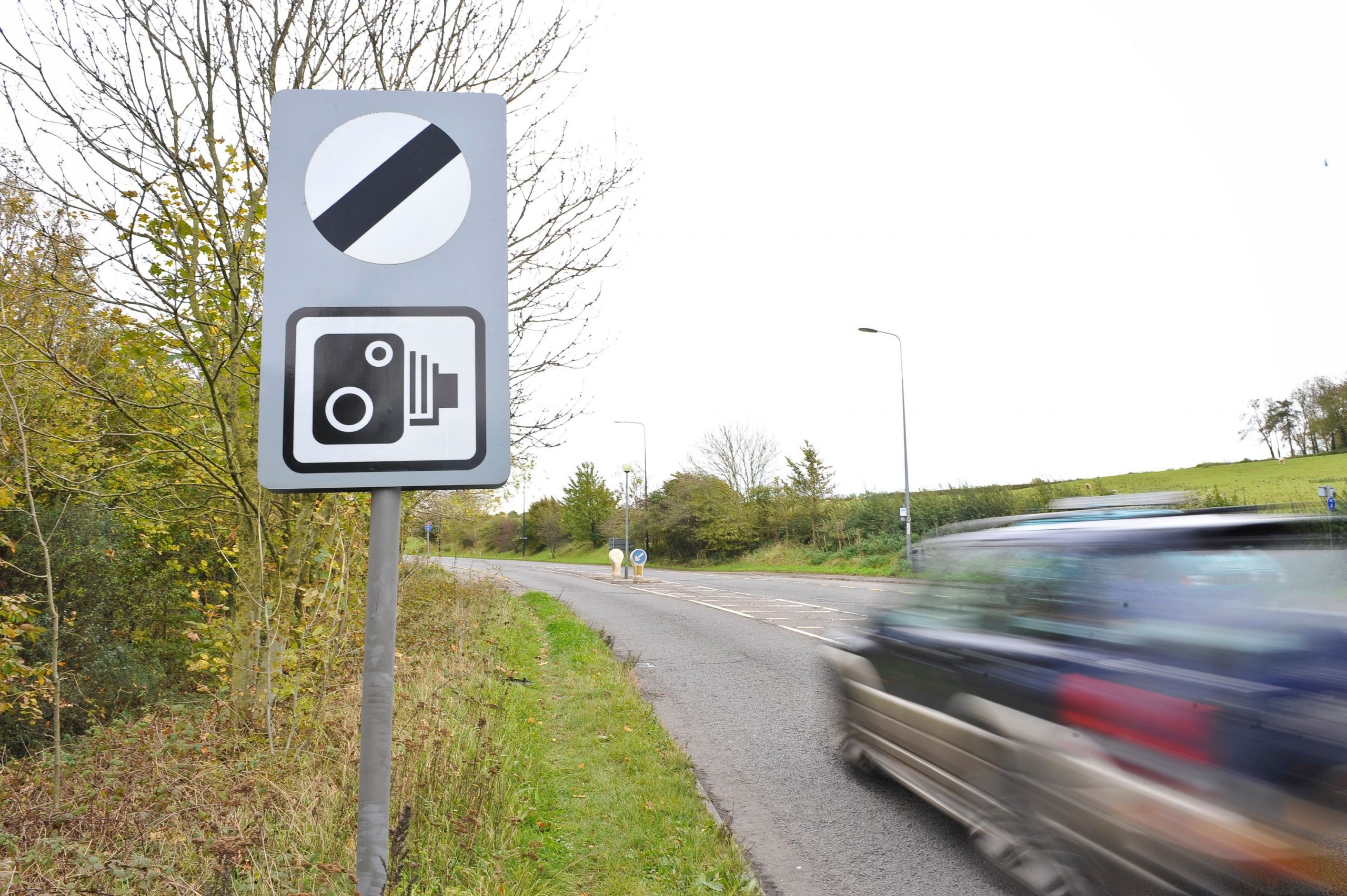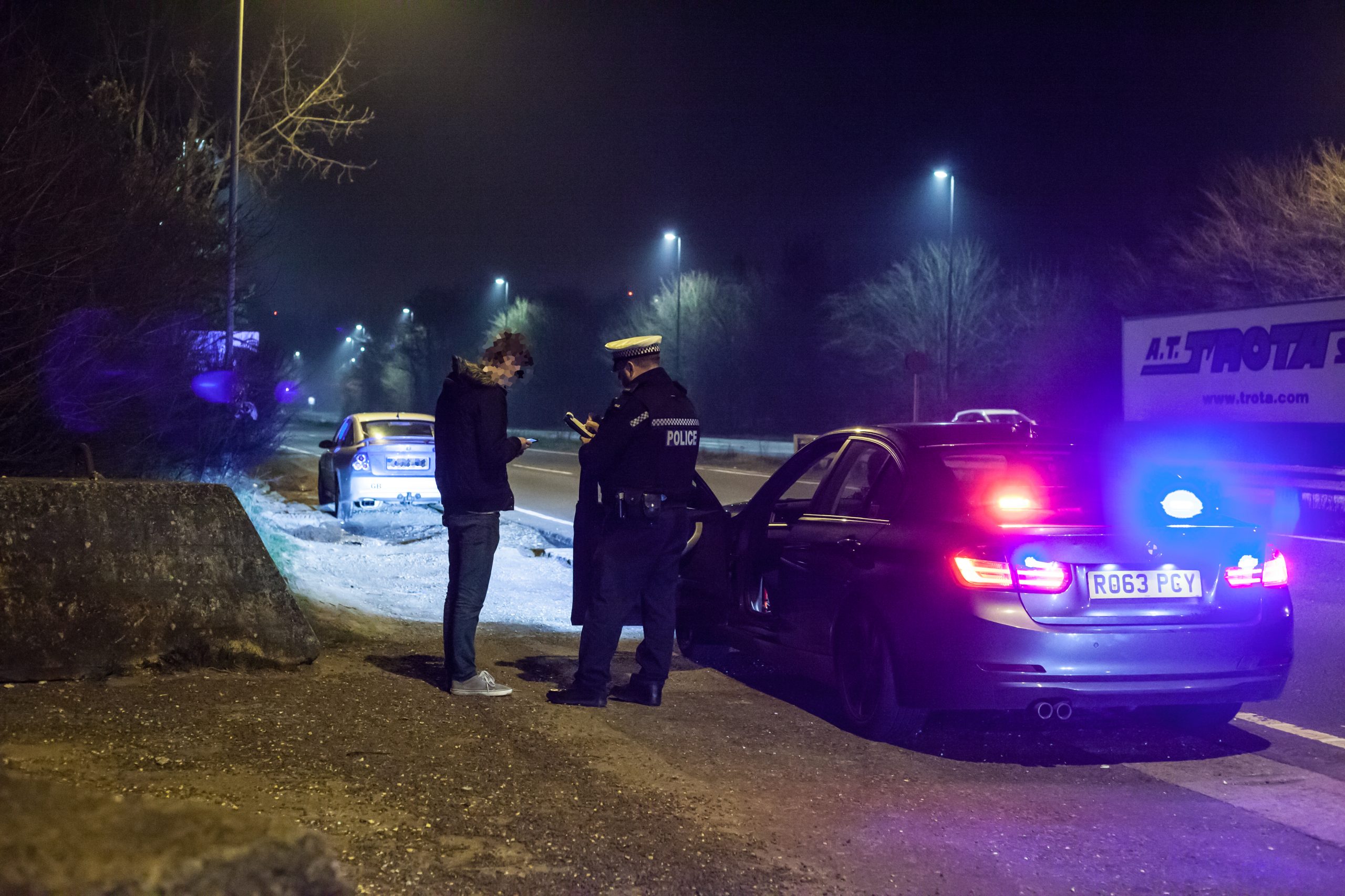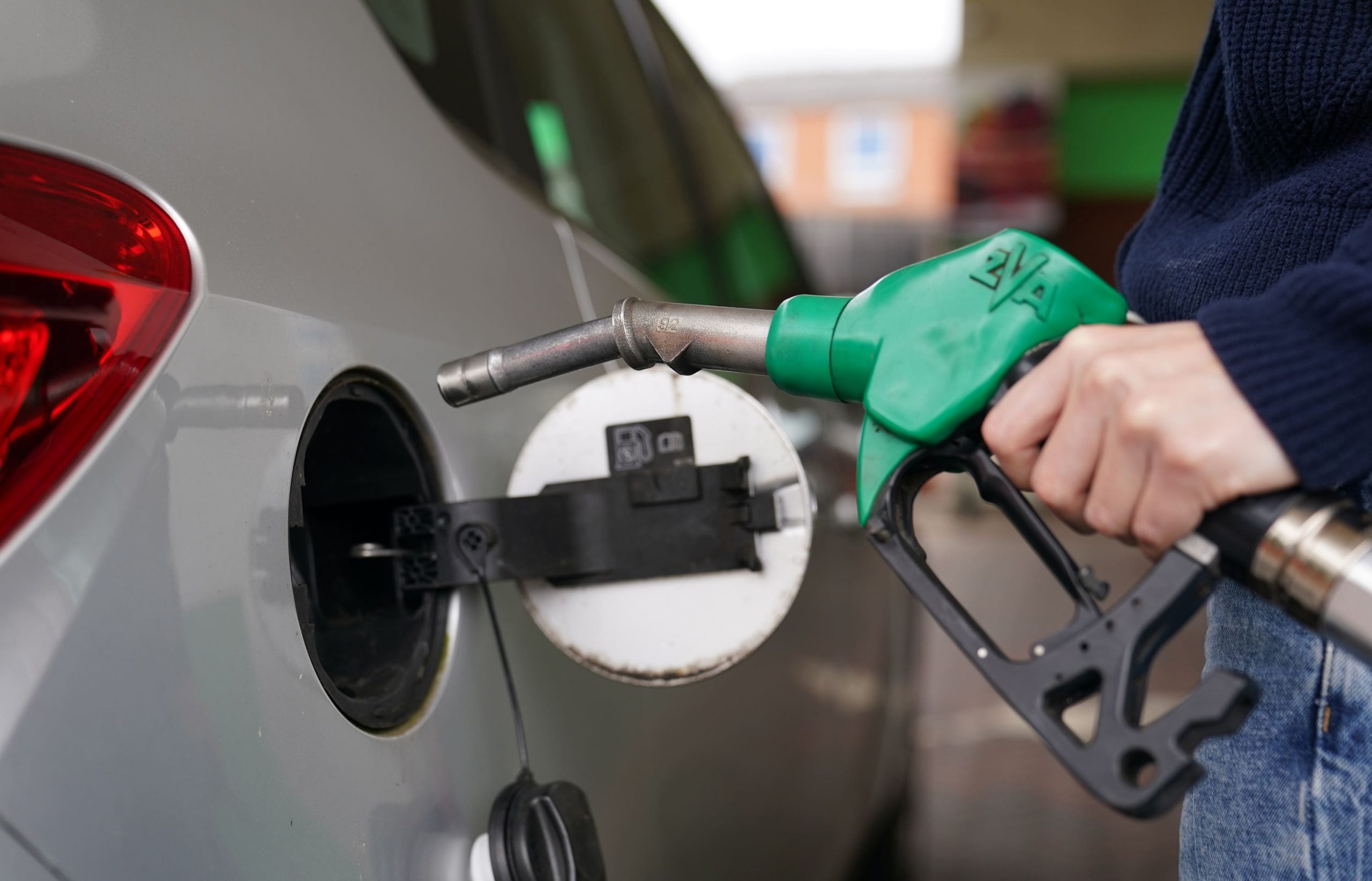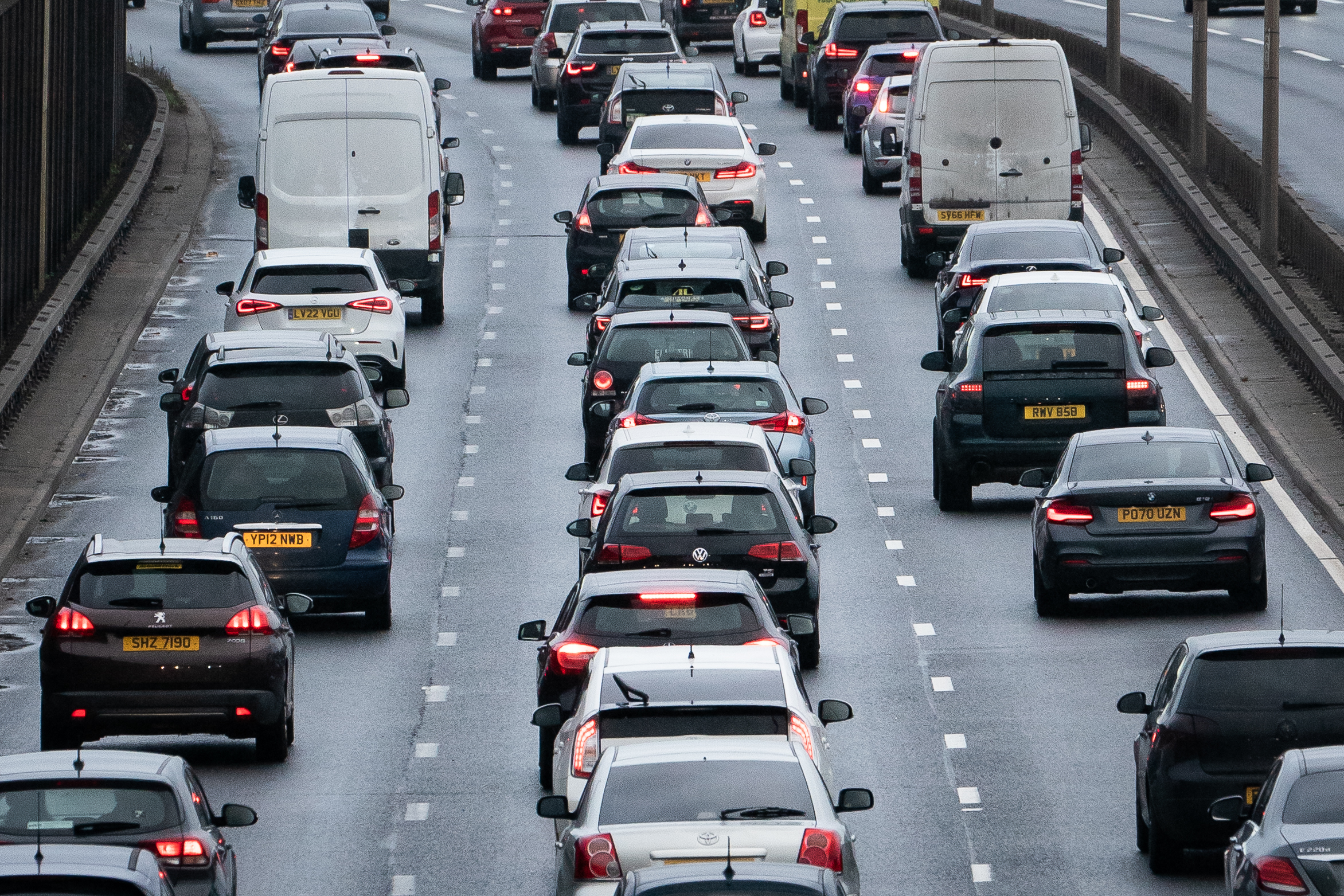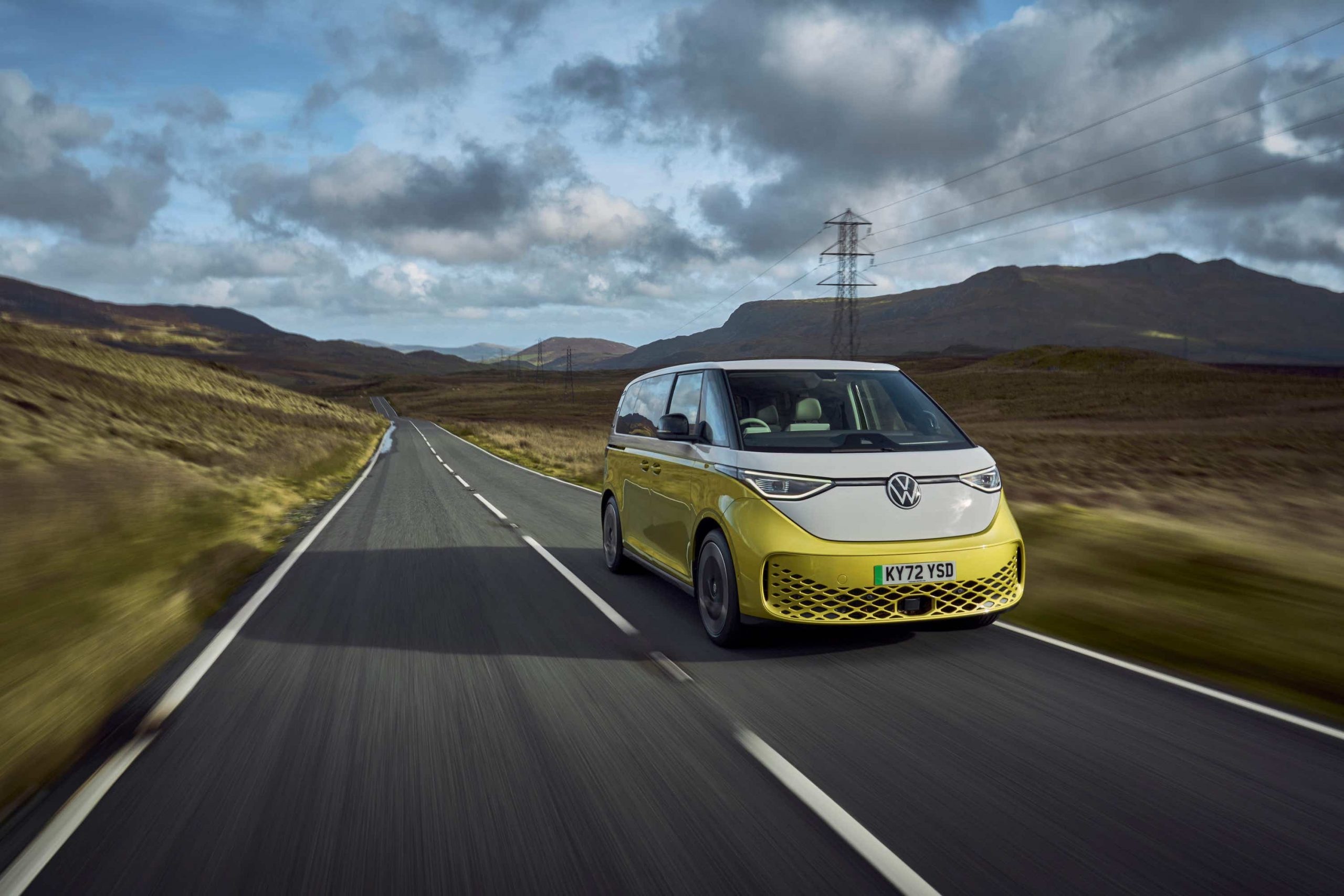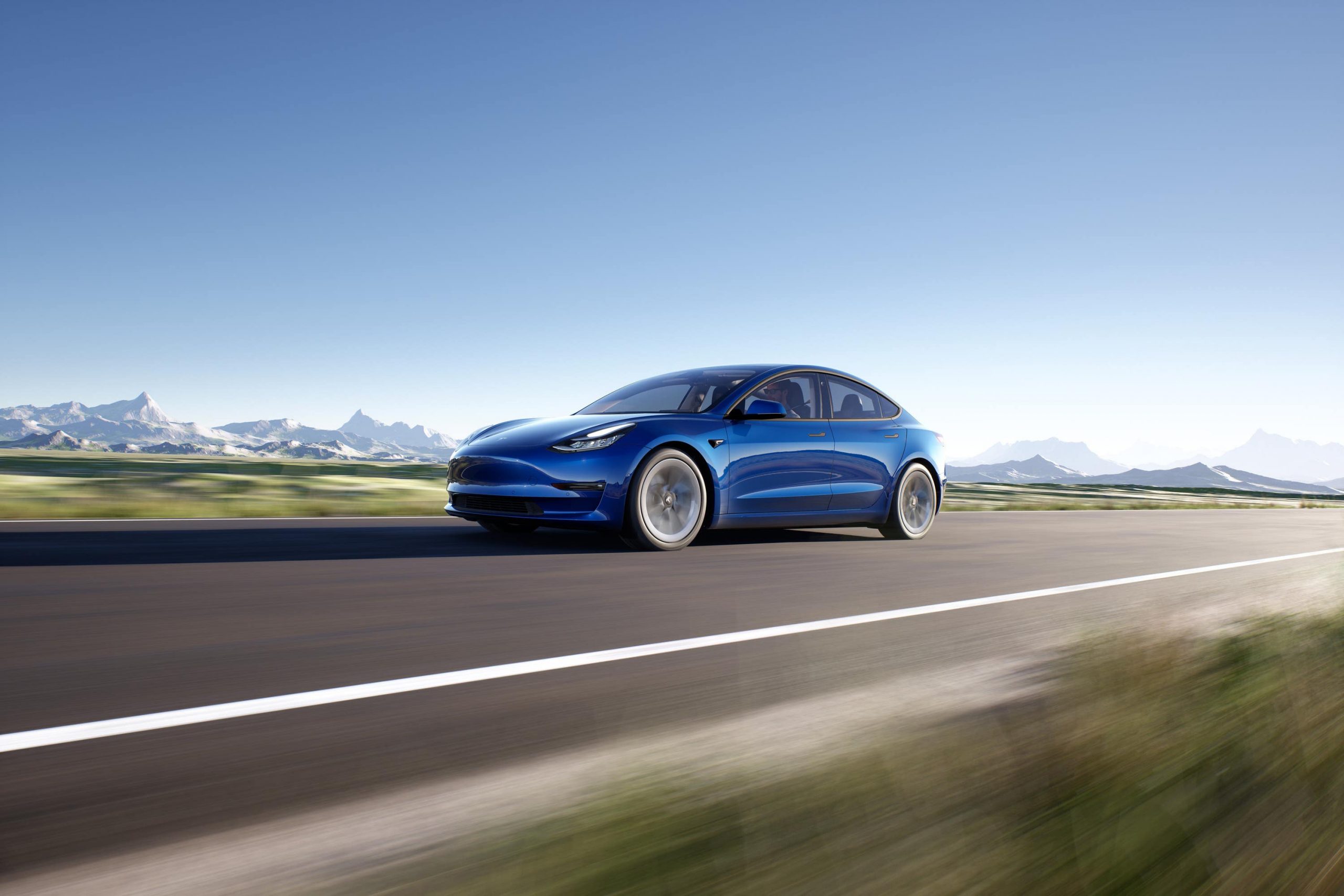Motorists who bought a Tesla in recent weeks expressed their anger after the car maker slashed prices by thousands of pounds on Friday.
The starting price for a Model Y has been cut by £7,000 to £44,990 while the price for an entry level Model 3 has been reduced by £8,100 to £42,990.
They were the top two best-selling cars in the UK last month, with a total of 16,368 registered at the previous, higher prices.
Consumer website Electrifying.com calculated that drivers who bought a Tesla last month could have saved a total of £130 million if they had waited for the discounts, which are being implemented around the world.
Tesla, led by billionaire Elon Musk, slashed its prices after its deliveries for the last three months of 2022 were below market expectations.
Several members of a Facebook group for UK Tesla owners expressed their frustration at the policy.
One wrote: “I just picked up the car yesterday. What should I do? Go to Tesla and give back the car? I can’t believe after a few hours from picking up the car I lost £5k.”
The reductions were described as “shocking” by one person, who wrote that they “paid £5,000 more last week”.
Another described a period in late November and early December as the “worst three weeks to get a new Tesla in history” due to the subsequent price cut combined with other issues.
He added: “(It) would be nice if they made a gesture to us.”
Electrifying.com chief executive Ginny Buckley said: “Carmakers will usually carefully manage prices and incentives to avoid crashing used values and upsetting customers.
“This controversial move from Tesla is bound to send shockwaves through the industry, with the premium brand now sending signals that it’s becoming much more mainstream.”
James Baggott, editor in chief of Car Dealer Magazine, said: “While these price cuts are great news for new Tesla buyers, there will be 16,000 owners who took delivery in December who will be furious they paid the higher price.
“This will also have a big impact on used Tesla prices. Our research has found Tesla prices fell by more than a fifth last year and these new price cuts will have a severe negative impact on the used car market.
“Tesla buyers who have not yet taken delivery of their cars and ordered via the old price will be able to cancel their orders under distance selling regulations and order at the new price – but for those who have already take delivery there’s little they can do.”
Tesla said in a statement: “Our focus on continuous product improvement through original engineering and manufacturing processes have further optimised our ability to make the best product for an industry-leading cost.
“As we exit what has been a turbulent year of supply chain disruptions, we have observed a normalisation of some of the cost inflation, giving us the confidence to pass these through to our customers.
“As local vehicle production continues to increase and we gain further economies of scale globally, we are making Model 3 and Model Y even more accessible across EMEA (Europe, the Middle East and Africa).”
Price cuts in China introduced last week led to protests by owners demanding compensation.

